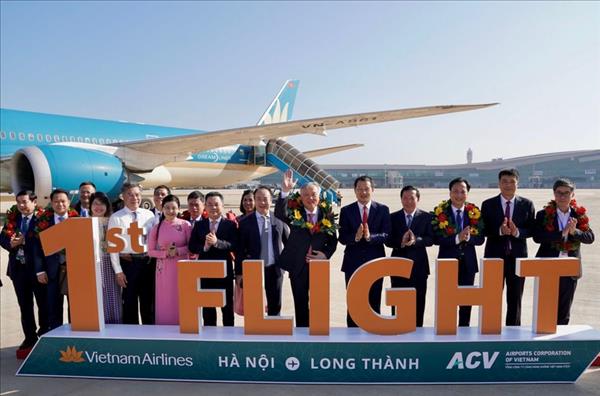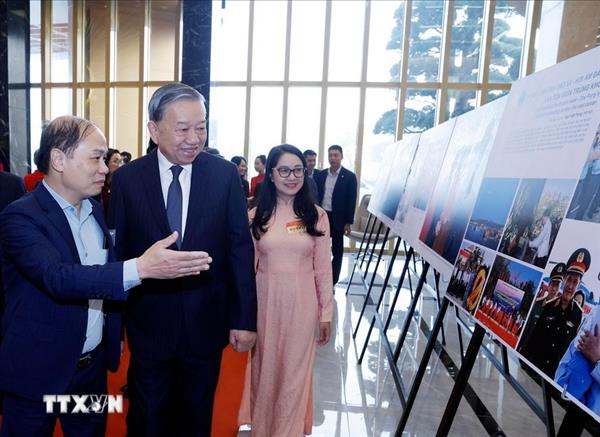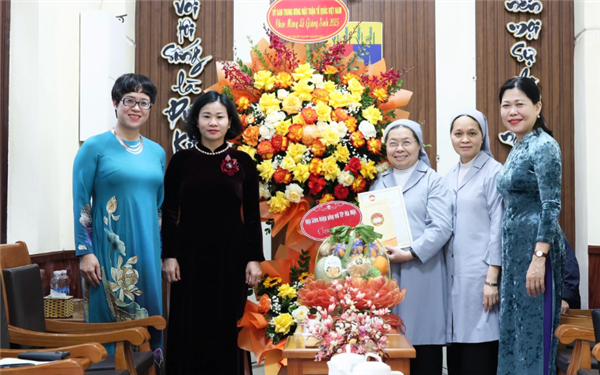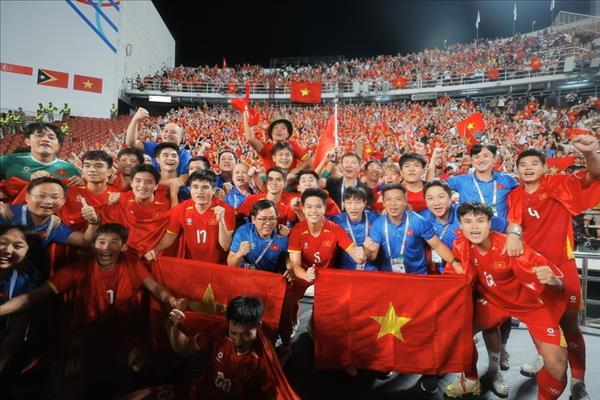Nguyen Duc Thanh, Director of the Vietnam Institute for Economic and Policy Research (VEPR) said the US and China will likely seek to further deescalate tensions to avoid adverse effects on their economies, especially China, which has shown signs of willingness to allow its economy more leeway to follow market economy principles.
The global economy, including Vietnam, is to benefit from the new US-China deal. This is a positive development as Vietnam stands to gain little to nothing from a trade war between the two super-economies, said Thanh.
For instances, Vietnamese firms now face far greater risk and stricter scrutiny while doing business in the US as a result of the trade war as US agencies ramp up effort to counter origin fraud. The country being added to a currency manipulator watch list by the US was proof of how much attention the Southeast Asian country is getting.
“As always, the answer to our problems is sound policy and trade frameworks. The US-China deal has opened a new phase in global commerce and Vietnamese businesses must be able to capitalise on their advantages to grow and become more competitive,” said VEPR’s head researcher.
Thanh said the country must make its moves quickly in the next few years regarding trade policies and reforms.
“Everything is moving fast and Vietnamese firms must be moving along with it, especially our private sector, if we are to make use of these opportunities,” he said.
The US and China both have taken steps away from the trade war for now, with the US removing China off their list of currency manipulators and China agreeing to buy more US products, said banking expert Nguyen Tri Hieu. It’s a good start, but it’s still difficult to see how it will go or if they will stick to their agreements.
Hieu said the trade war benefited and hurt Vietnam’s economy. As trade between the US and China was disrupted the country was able to sell more to both sides. On the other hand, more goods from the US and China also found their way into Vietnam creating immense pressure on domestic firms.
“If the US and China could resolve their trade issues, US investors may no longer see the need to shift their investment from China to Vietnam,” said Hieu.
Hieu said in any case Vietnamese firms must remain proactive and adaptive to changes, especially the export sector. Top priorities include keeping close watch on market developments and finding new markets for Vietnamese products.
Hieu urged firms to also not overlook trade deals such as the Comprehensive and Progressive Agreement for Trans-Pacific Partnership (CPTPP) and the European Union Vietnam Free Trade Agreement (EVFTA) for these will have much greater impact on Vietnam’s economy in the long run.
VNA/VNP

















